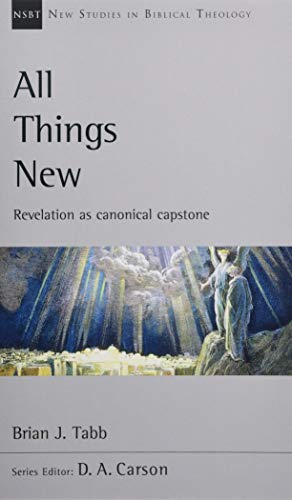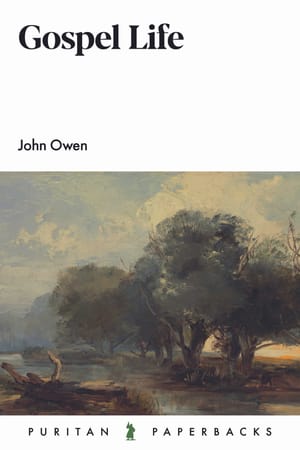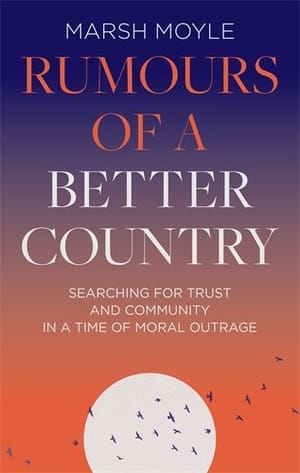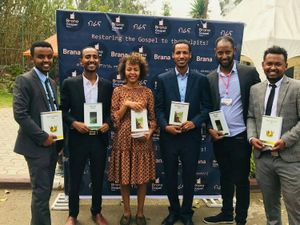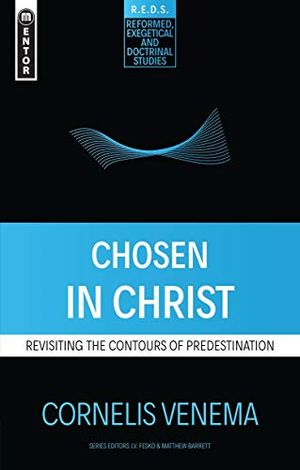Every commentator on the book of Revelation will refer to its richness in Old Testament allusion, but this book sets out specifically to expound the Apocalypse as the climax of prophetic revelation which brings the scriptural narrative concerning God, his people, and his purposes to its conclusion. The author writes, reminding us that John is writing as a prophet himself, ‘This book [Revelation] brings clarity and completion to the previous prophetic writings by disclosing the comprehensive fulfilment of the divine mystery revealed to his forbears’ (p.211).
Brian Tabb does more, therefore, than refer to the quantity of Old Testament references ‘looking backward’ as it were; he sees Revelation as the fulfilment, the ‘canonical capstone’, of all that is written in the Old Testament, particularly the prophets. Indeed, he sees the structure of Revelation as determined to some extent by Old Testament segments. For example, chapters 4 and 5, he suggests, are modelled after Ezekiel 1, Isaiah 6, and Daniel 7.
In his introduction, Tabb covers the usual material on Revelation in terms of literary genres, approaches (he opts for ‘redemptive-historical idealist’), and structure. He obviously has sympathy with the ‘progressive parallelism’ popularised by Hendriksen and Beale, but favours a simple structure of seven sections within the main ‘body’ of Revelation.
The substance of this book, however, is the study of four grand themes in Revelation: the triune God; the worship and witness of God’s people; God’s plan in salvation, judgement, and restoration; and the Word of God. Under each of these themes he expounds the text with reference to the Old Testament antecedents.
This reviewer found it an informative and stimulating study. The author does not forget spiritual and pastoral applications: ‘being a disciple is about living in the “now” as well as the “not yet” of expectation, with the former decisively shaped by the latter’ (p.225). He reminds us that ‘we must cultivate an aching longing for the Bridegroom to come for his Bride’ (p.186).
This book could inspire you to preach Revelation; or if you are already planning to preach it, reading this would certainly be helpful as an exegetical and theological stimulant.
Mostyn Roberts
Welwyn

